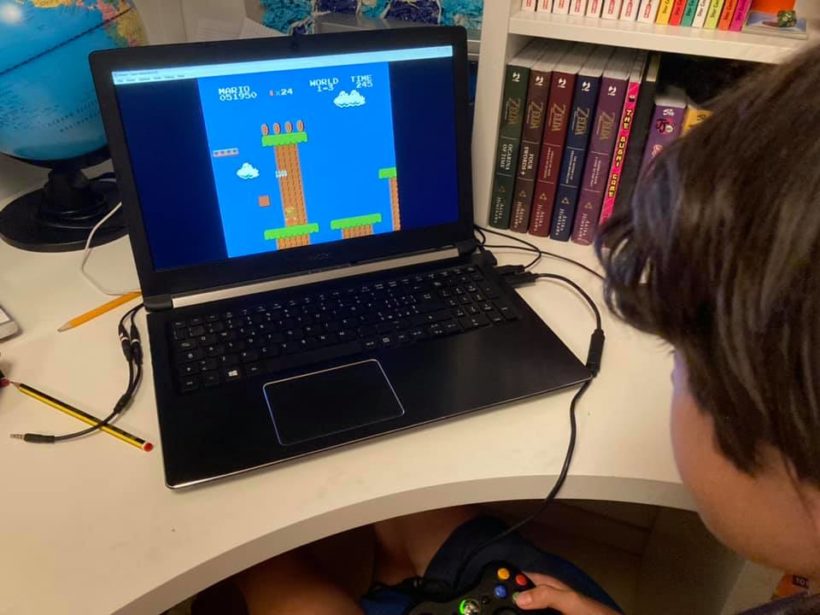Current living conditions place limits on childhood development.
As my friend Susana said: “When we see children every day, we don’t realise how much their behaviour has changed. They are sad. This one-off observation has made me reflect on the impact of the environment during the most important stage of childhood development, and how restrictive conditions – in economic and social terms – have become a kind of trap, the imposition of which has put an end to play, peer interaction, fun, and the physical and psychological stimulation of freedom of movement. To this, add the implicit tension of a situation to which we are not accustomed and which invades all intimate spaces, conditioning our mood and, therefore, our attitudes.
We often measure events according to the most familiar yardstick. That is to say, it is much easier for us to establish ranges of comparison with our perception and a specific lifestyle. Little, if any, empathy is needed to put ourselves in the shoes of others, less fortunate, and we tend to downplay the impact of the new scenario by purposely ignoring its power in the lives of others.
We are entering the third year of a reality of which we know nothing. We have been attacked by a pandemic that has turned everything we know upside down and of which we do not have the exact measure. In other words, a viral infection has been unleashed that is unknown even to the health profession, which has been overwhelmed not only by its consequences, but also by an accumulation of contradictory and opaque information. If this is the case among experts, it is easy to see how it has complicated the lives of families.
But let us return to the most important issue, that of a sad and unmotivated childhood. A childhood whose wings have been clipped, whose freedom of movement has been taken away, whose freedom has been confined within four walls – a popular home has an average of 60 square metres for a family of four or five – and whose interaction with peers and with public space has been limited. Add to that the tension caused by the potential loss of employment or the lack of economic resources to cope with the crisis, and you have a dish well and truly served.
Overall, we are in an unfamiliar situation and, in the face of its challenges, the least important thing ends up being children’s mental health. Although this sounds extremely cruel, the average adult mind tends to regard children as pliable material that can cope with anything. Few stop to reflect on the significance of a happy childhood as an essential platform for the development of a fulfilled being, physically, intellectually and psychologically, and this is because they didn’t have one either. So, they simply apply the criteria established by the health authorities and leave for later the effort to compensate adequately for the deficiencies that this implies in the lives of the youngest.
Sad childhood will be one of the worst consequences of this incomprehensible situation that we are facing with no tools of our own. We go forward blindly, advancing and retreating as the scientific establishment blindly gropes for an appropriate scheme of conduct. In between, fears, mistrust and the suspicion that nothing will ever be the same again. However, as adults accustomed to the difficulties of an increasingly hostile system, we have the capacity to adapt. The outlook is different for children and adolescents deprived of the essential resources to develop their full potential. Living in confinement, studying in front of a screen – that is, for the most privileged – or barely sharing a mobile phone with their siblings to communicate with their teacher while they are prevented from playing with their friends and deprived of the stimuli of an outdoor life, is a constant source of frustration and sadness. The consequences of this new pattern are unpredictable.










